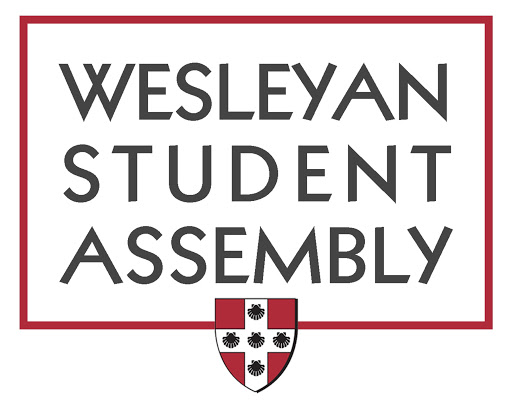
c/o wesleyan.edu
The Wesleyan Student Assembly (WSA) unanimously endorsed a syllabus requirement policy from the Educational Policy Committee (EPC) with zero abstaining votes on Sunday, Nov. 1. The resolution was sponsored by WSA senators Ben Garfield ’22, Sukenia Wilson ’23, Chelsea Dixon ’22, Ariana Baez ’22, and George Fuss ’21.
If the faculty votes to pass it, the EPC Syllabus Policy will expect faculty to provide a syllabus for any non-tutorial course by the first class meeting of each semester. This expectation will become a requirement for any open-registration course with an enrollment greater than nine students. To meet the requirement, faculty will have to upload a syllabus to either or both the Wesleyan syllabus library and the course Moodle page. If no syllabus is provided, the course listing on WesMaps will stand in for the syllabus.
“The reason for [limiting what courses require syllabi] is we could see there being like a 300-, 400-level course where there’s like three students in there, they’re all majors, they all know the professor, and it’s just less important in that nature,” WSA Academic Affairs Committee Chair and one of two undergraduate representatives to the EPC Garfield said in the WSA General Assembly Meeting on Sunday, Oct. 25. “And those students are there and in a sort of professional context of sorts and understand that.”
While most faculty currently provide syllabi without a requirement, the resolution’s sponsors still believe that the resolution is an important step towards helping students succeed academically.
“I think that [not having a syllabus] just causes chaos in general because I—and I’m sure many other students—use a syllabus to guide them through the semester to see what readings they’re going to do,” the second undergraduate representative to the EPC, Wilson, said. “If you’re going to need a book, do I need it in the first couple of weeks? Or do I need it in the last couple of weeks. I think it’s kind of like a contract between you and the professor and also a way to pace yourself throughout the semester. And I think that’s another reason why we’re pushing to require it.”
The resolution also notes that first-generation, low-income, and first-year students can be particularly disadvantaged when faculty fail to provide syllabi. The lack of a syllabus requirement has also impeded the WSA’s ability to create other requirements of the faculty, such as explicit acknowledgement of religious accommodations on syllabi.
“You can’t require it to be on the syllabus, if some professors aren’t required to have a syllabus,” WSA Vice President Dixon said.
While Wilson and Dixon note that most faculty already provide syllabi, they also say that faculty have pushed-back against the EPC policy requiring syllabi. Both hope that the WSA’s unanimous endorsement of the EPC policy will show faculty the degree of student support for the requirement.
“That’s part of the reason we did this resolution, to express to the faculty that the students really want this and they would really appreciate it,” Dixon said. “’Cause some faculty are a little bit hesitant because they feel like it would restrict some of the things that a professor would want to do during the semester.”
Note: Chelsea Dixon is a Production Manager at The Argus.
Elias Mansell can be reached at Emansell@wesleyan.edu